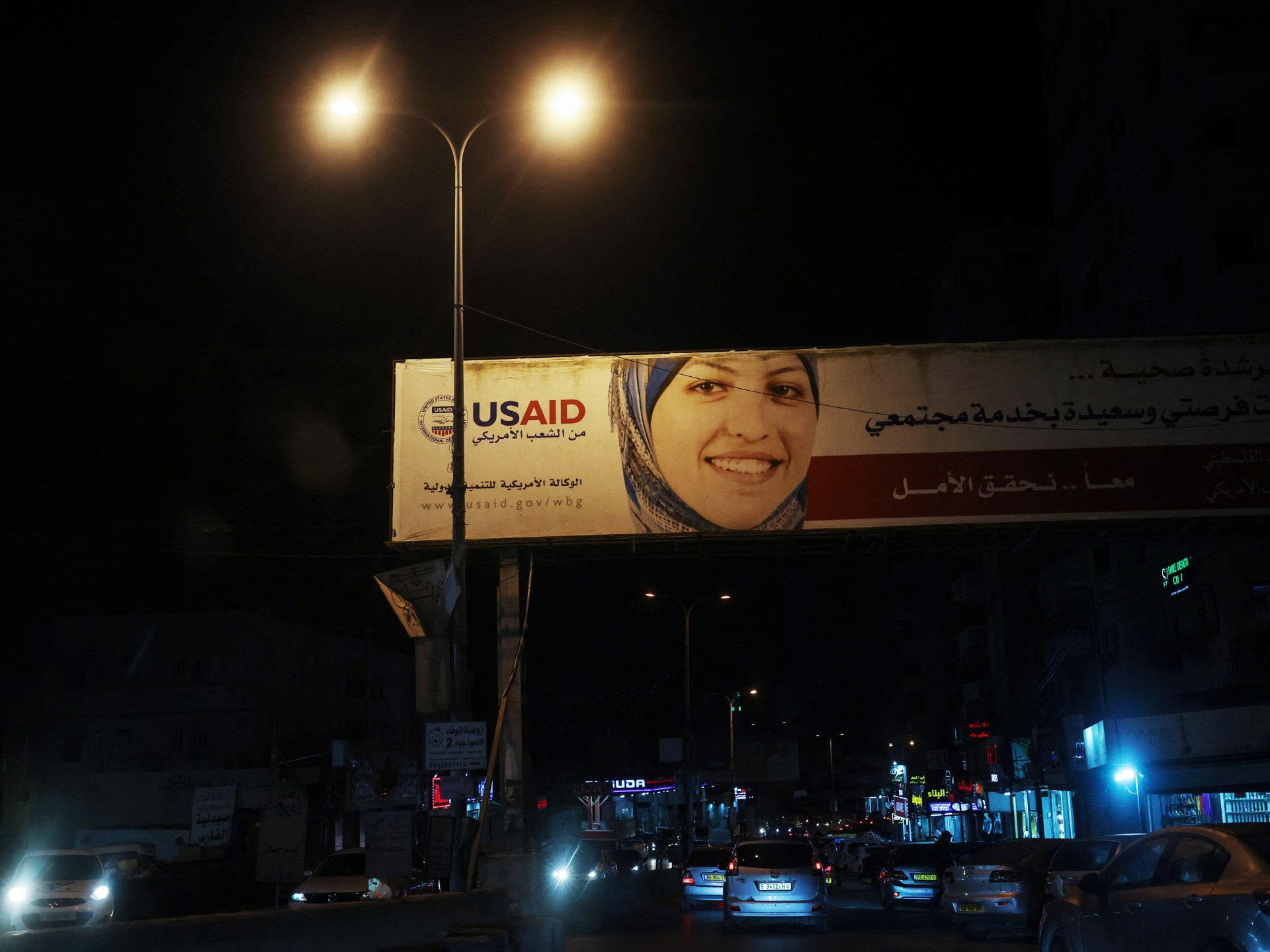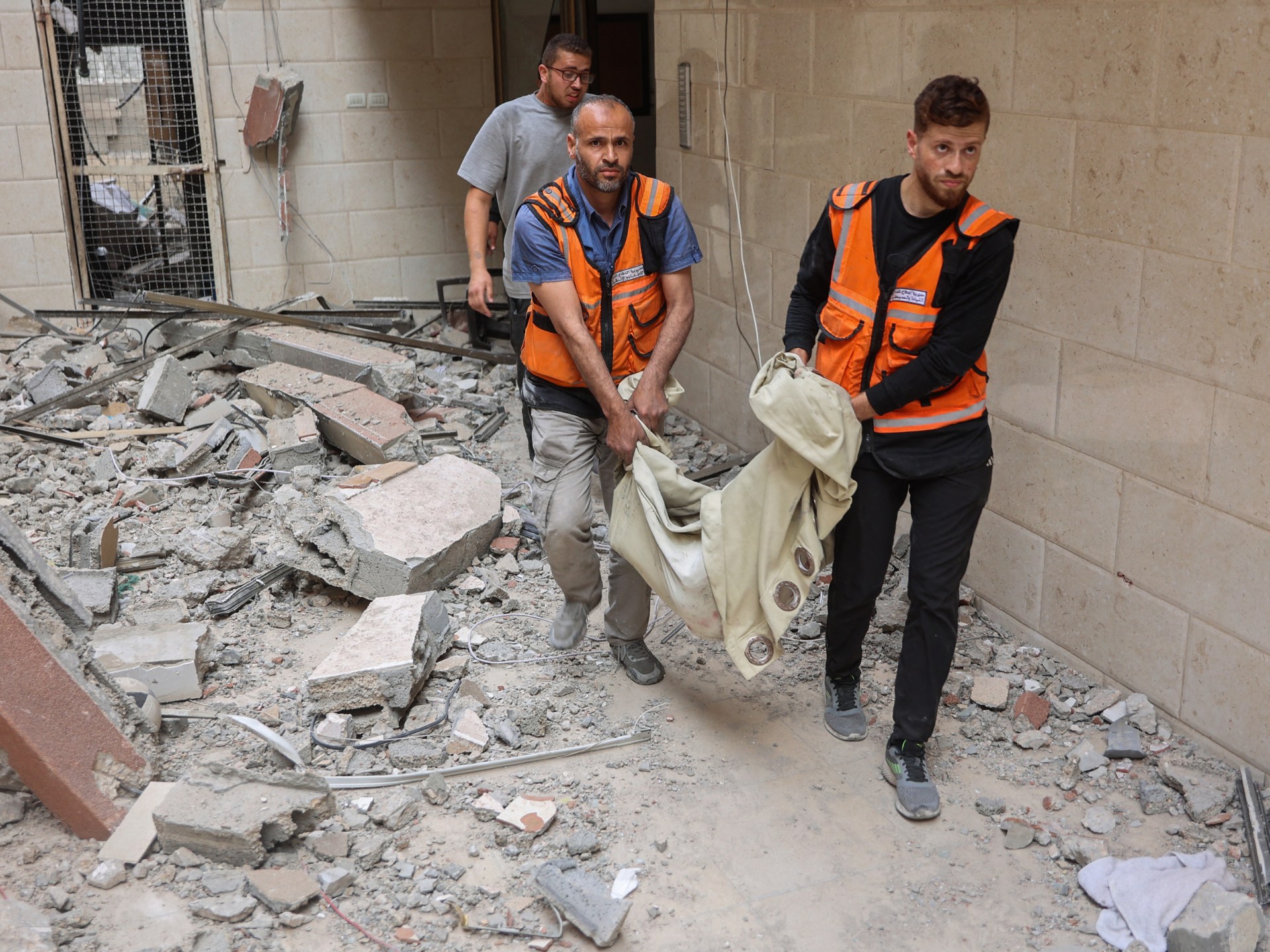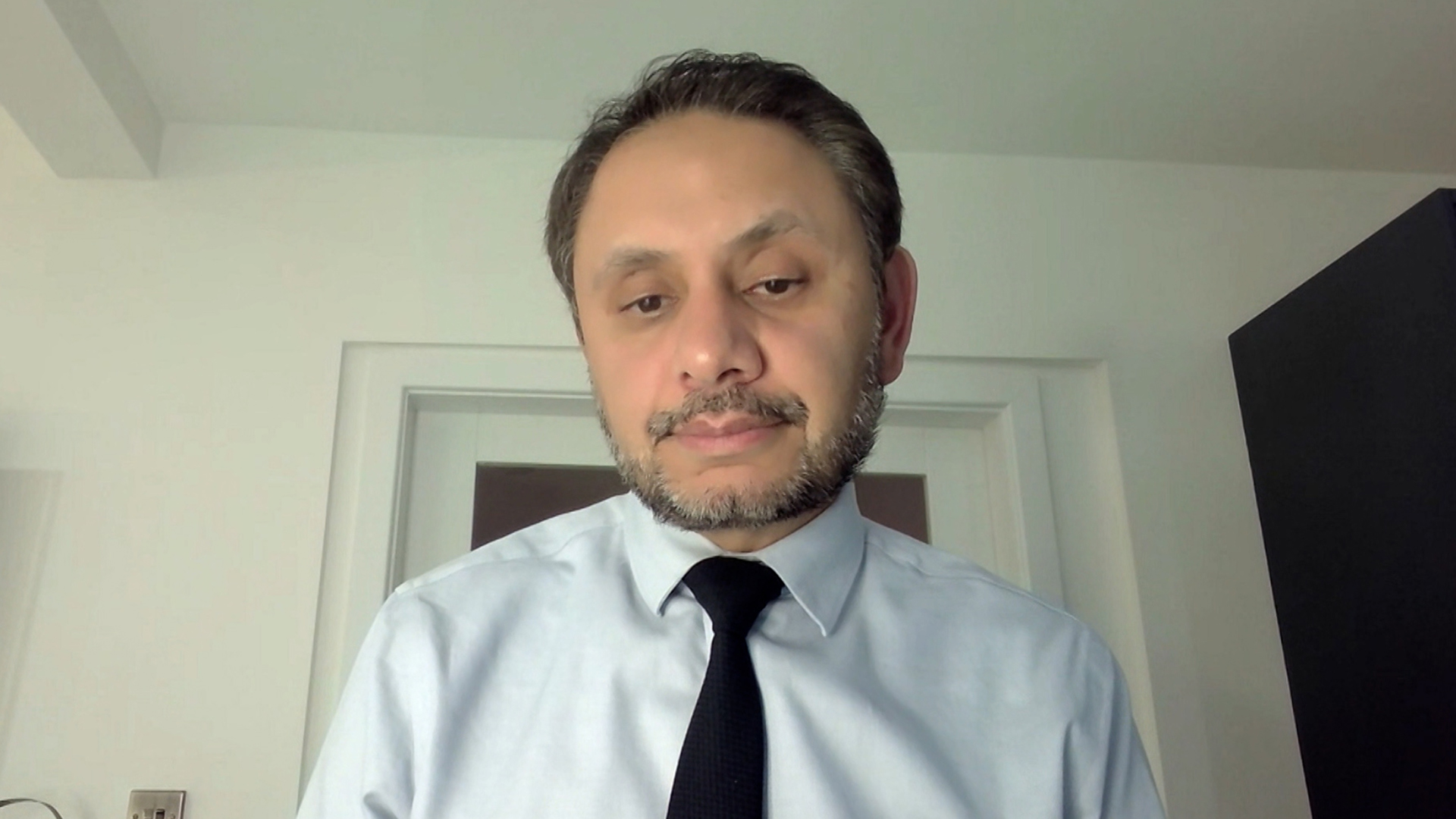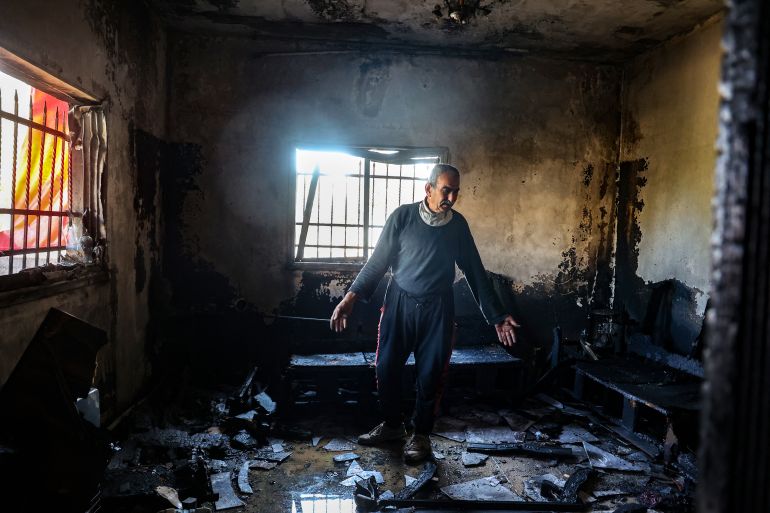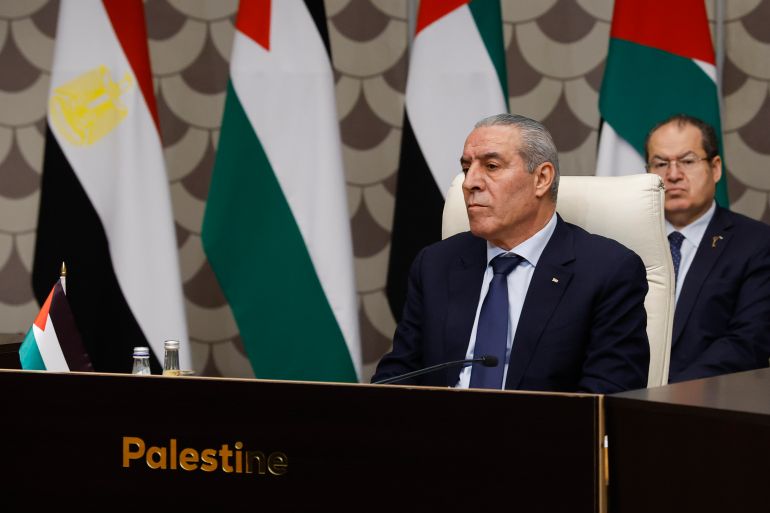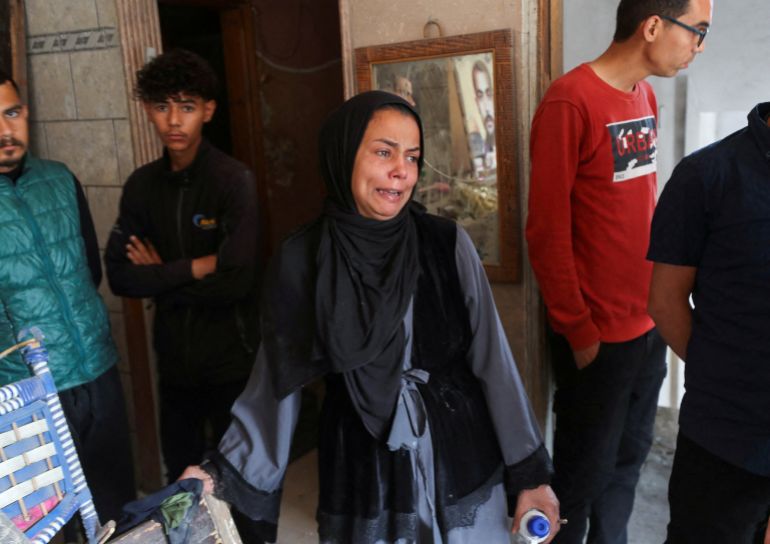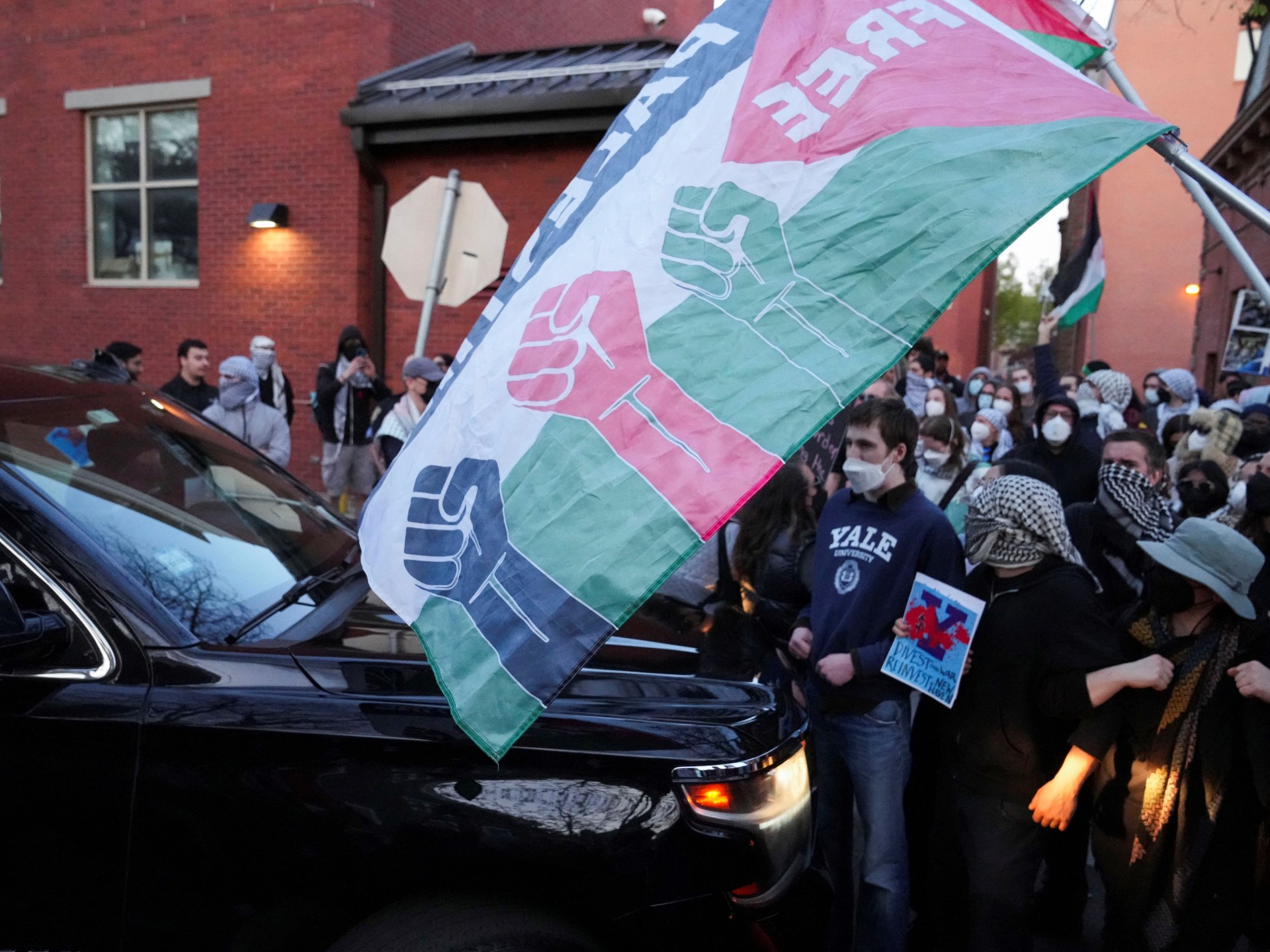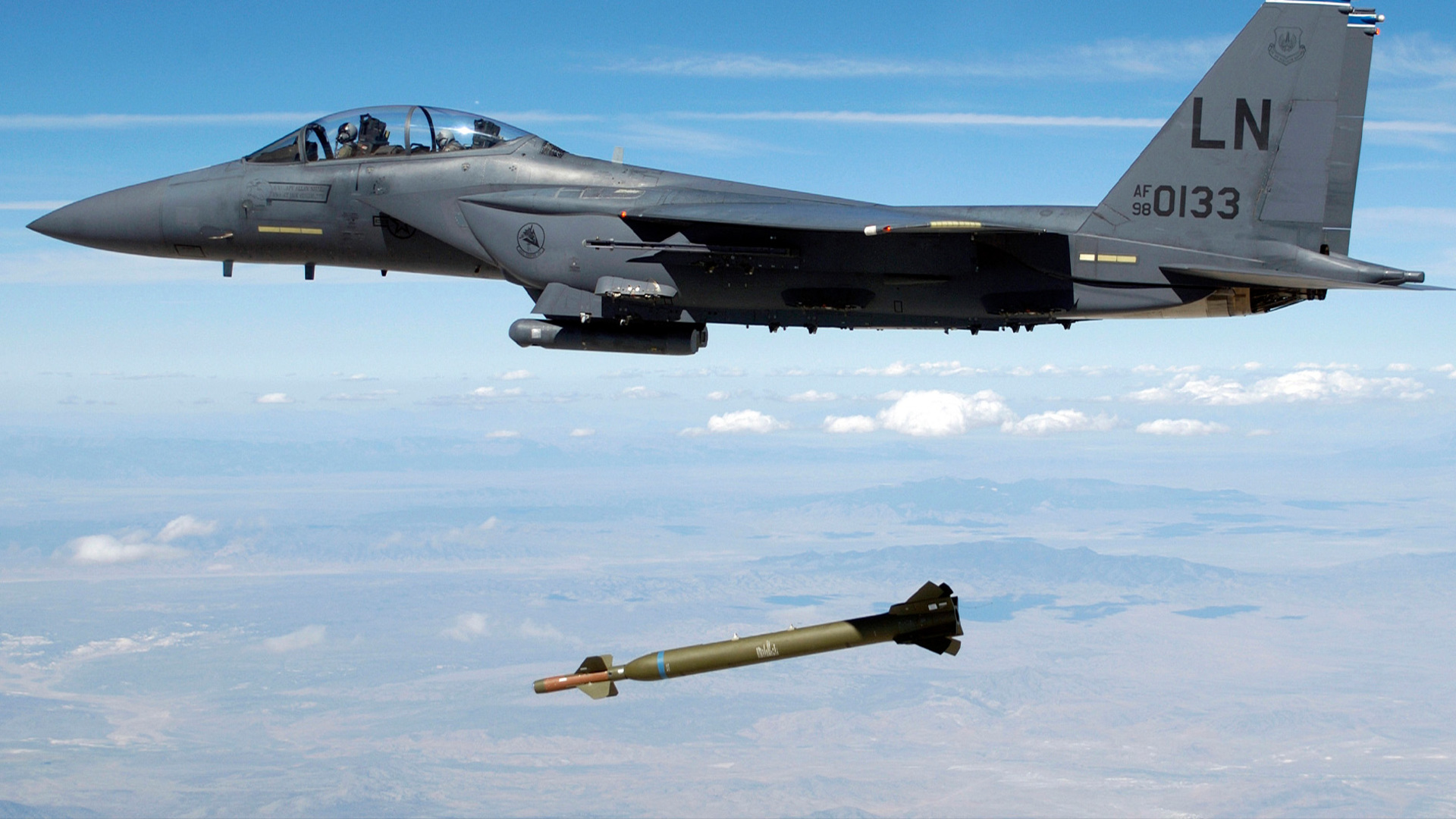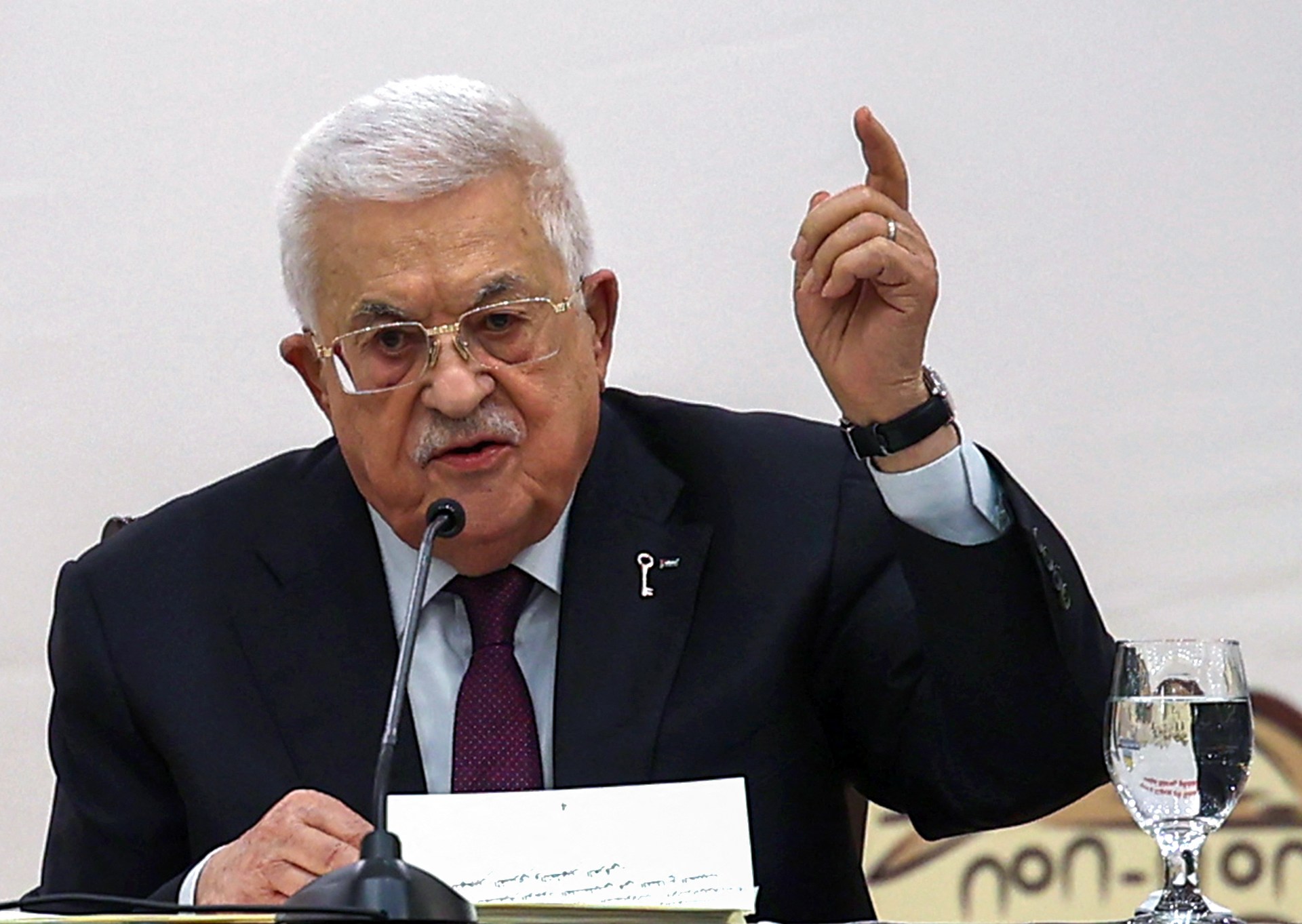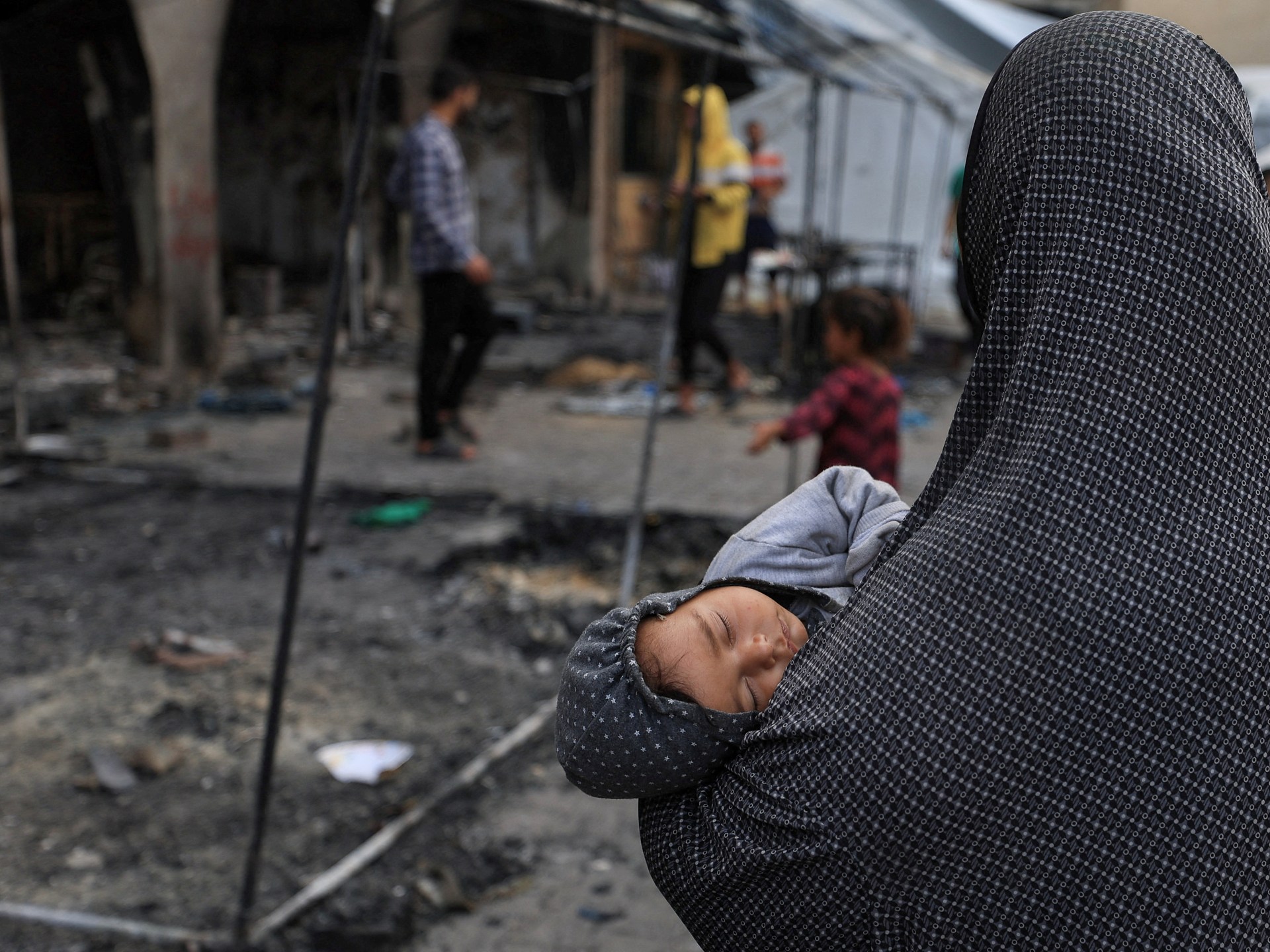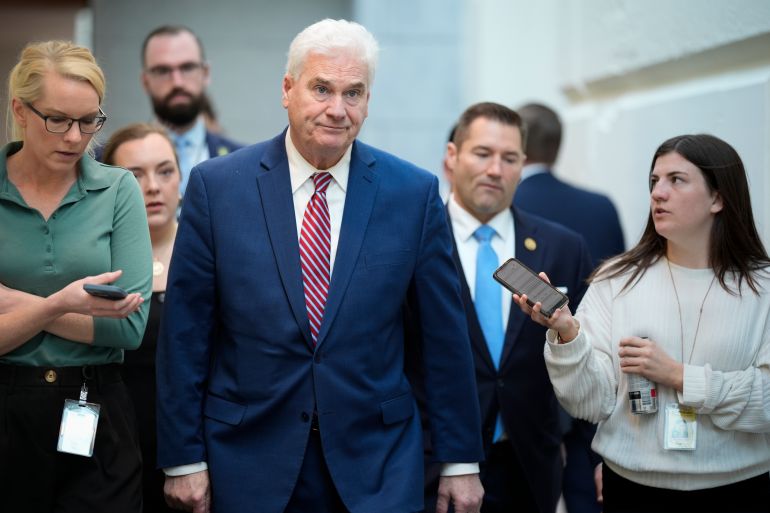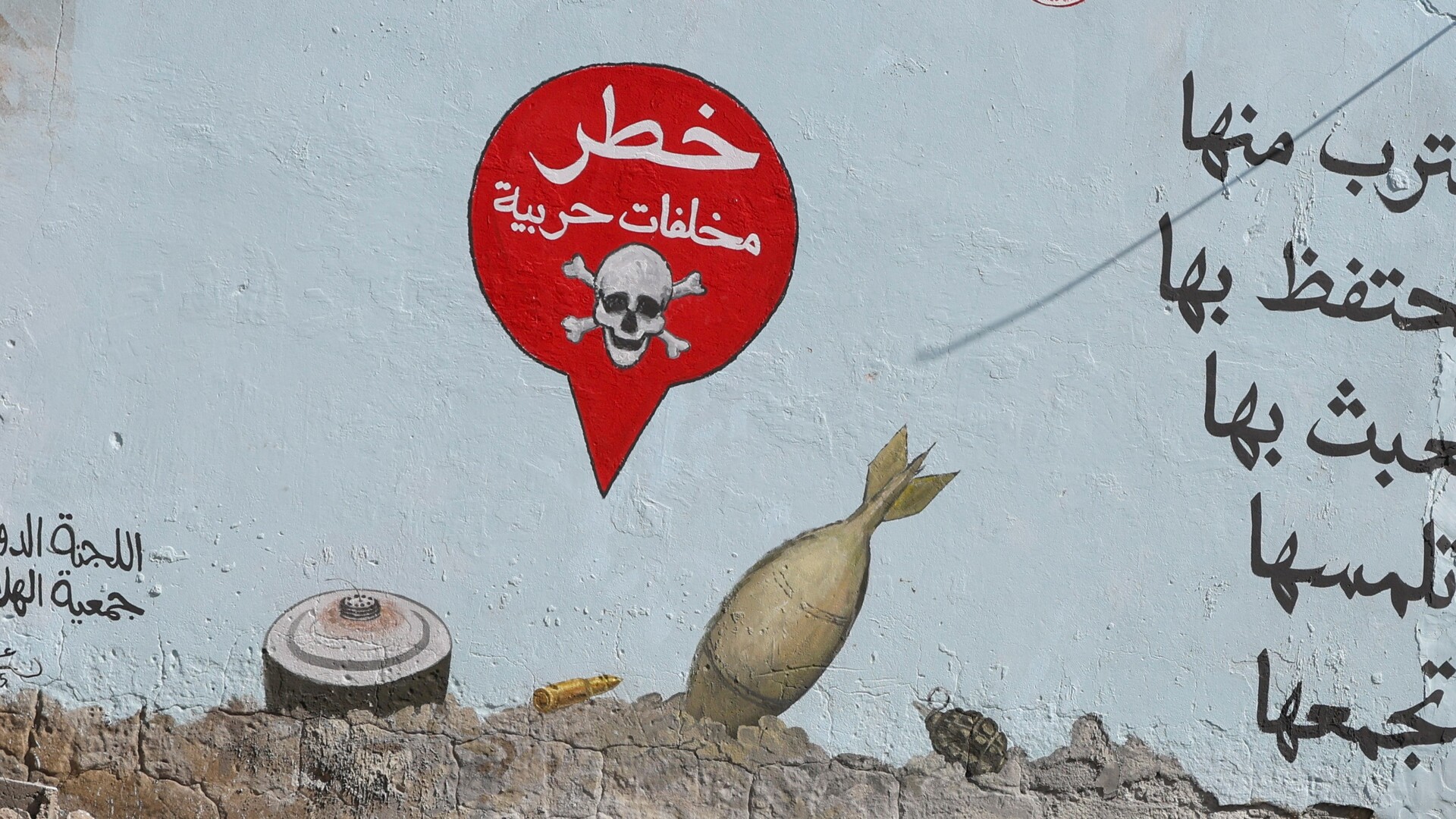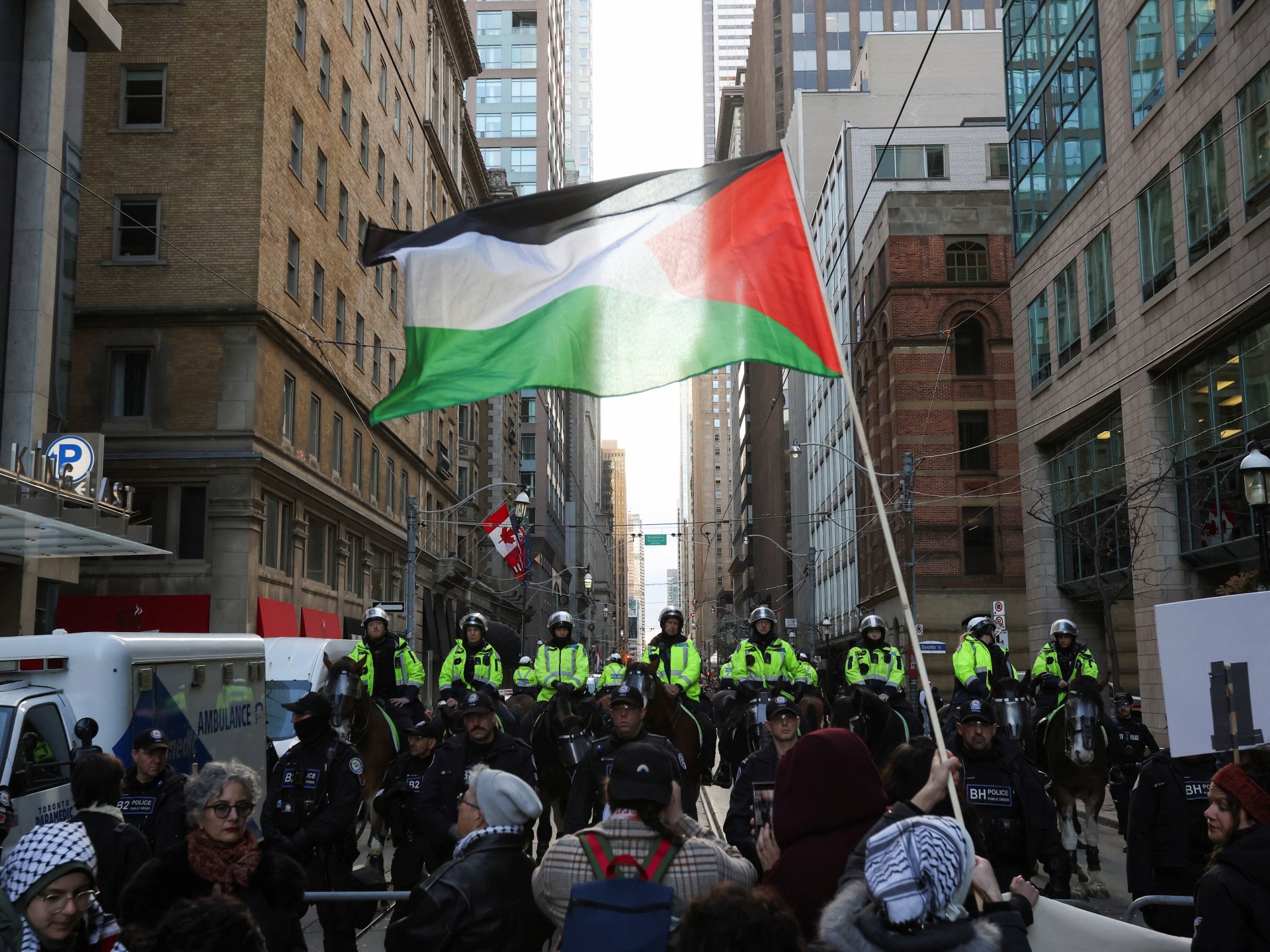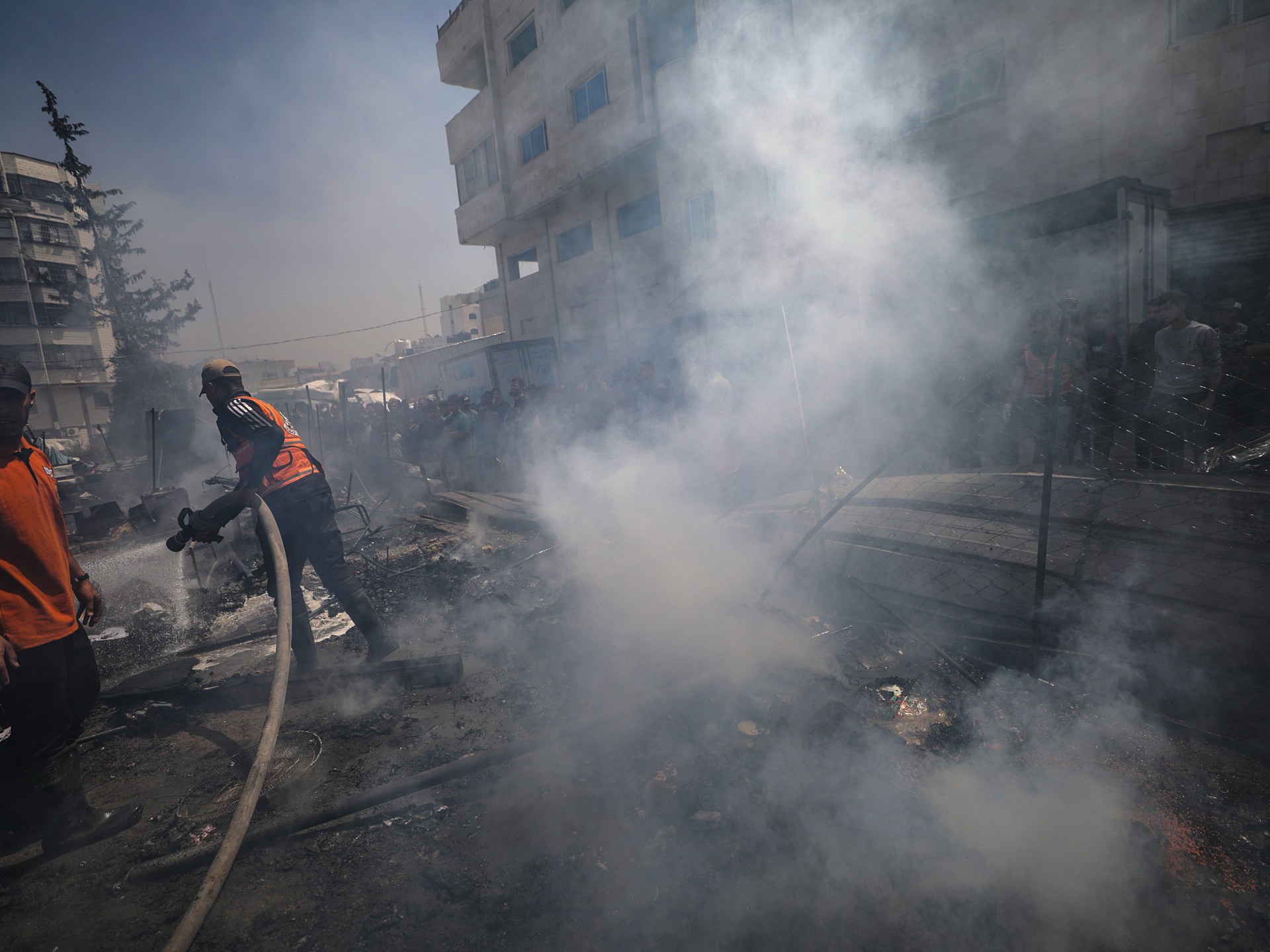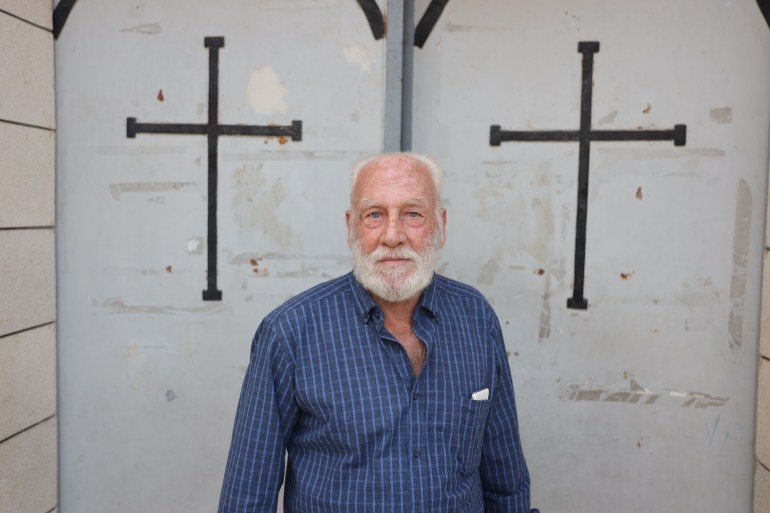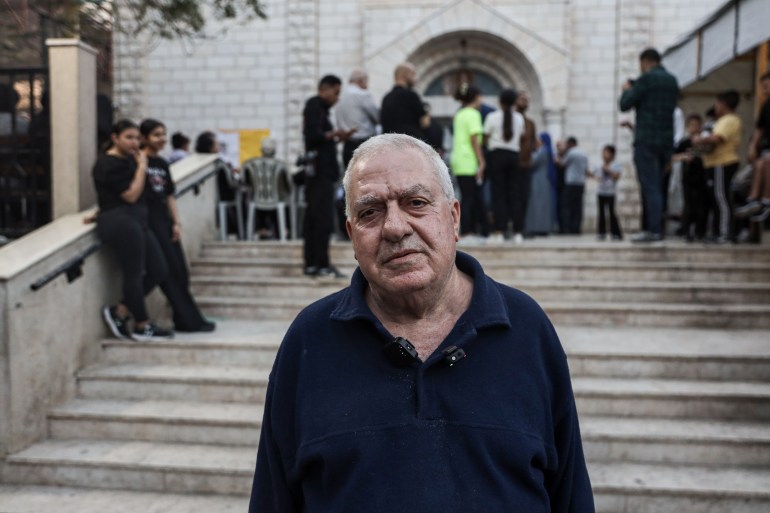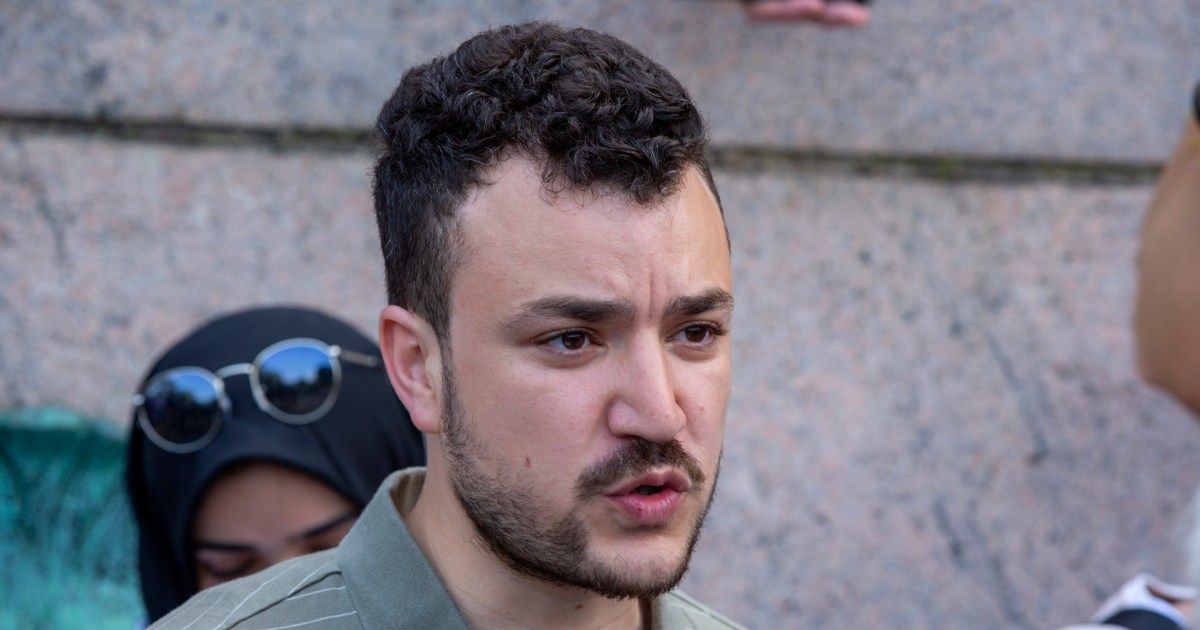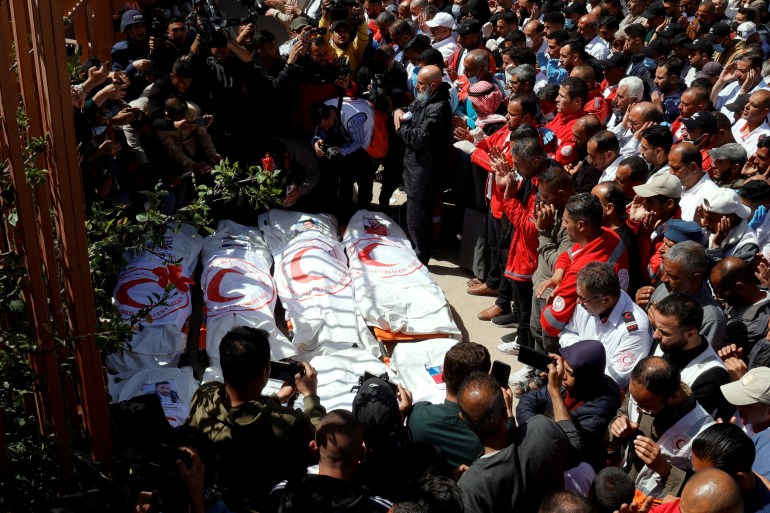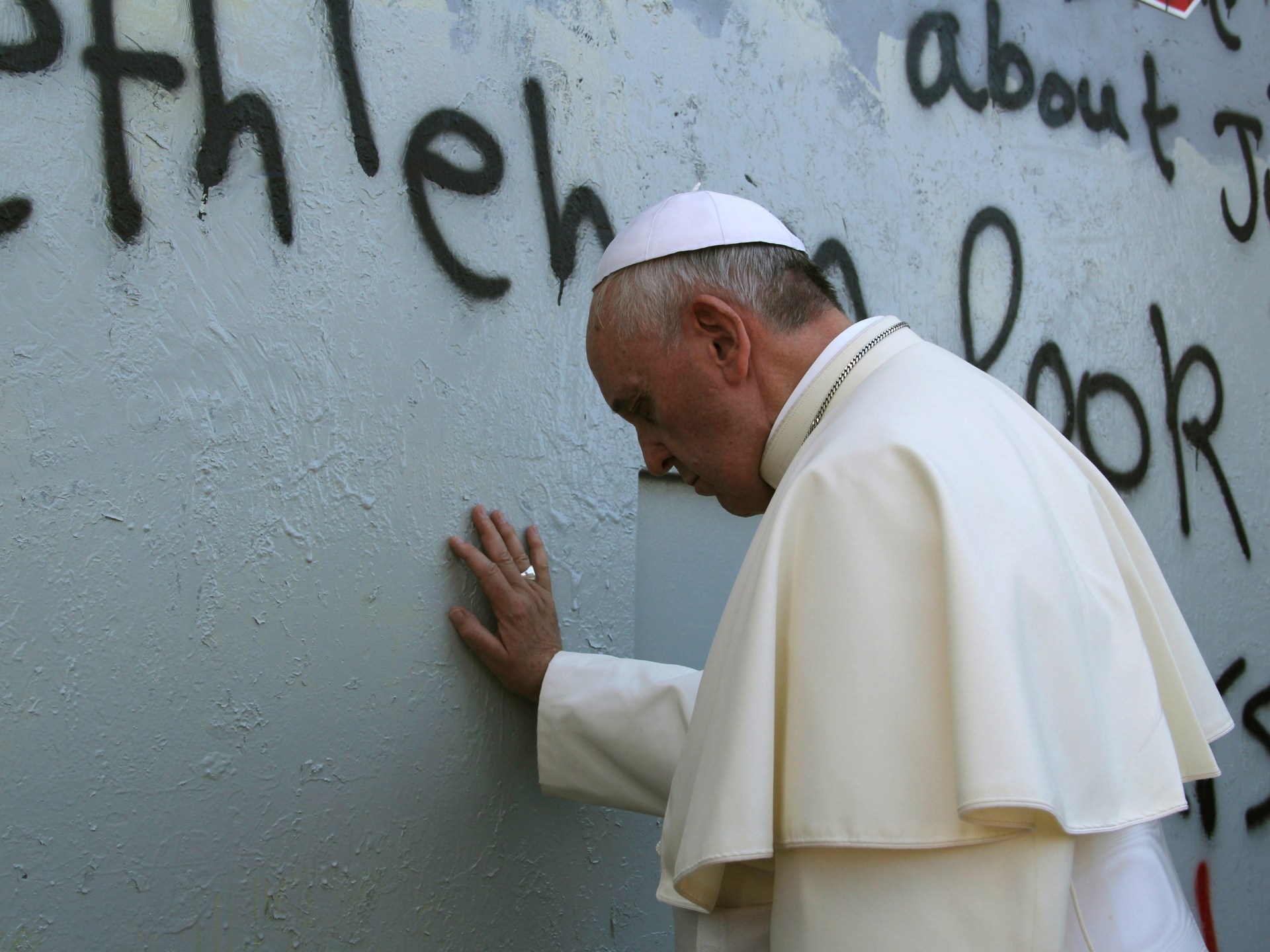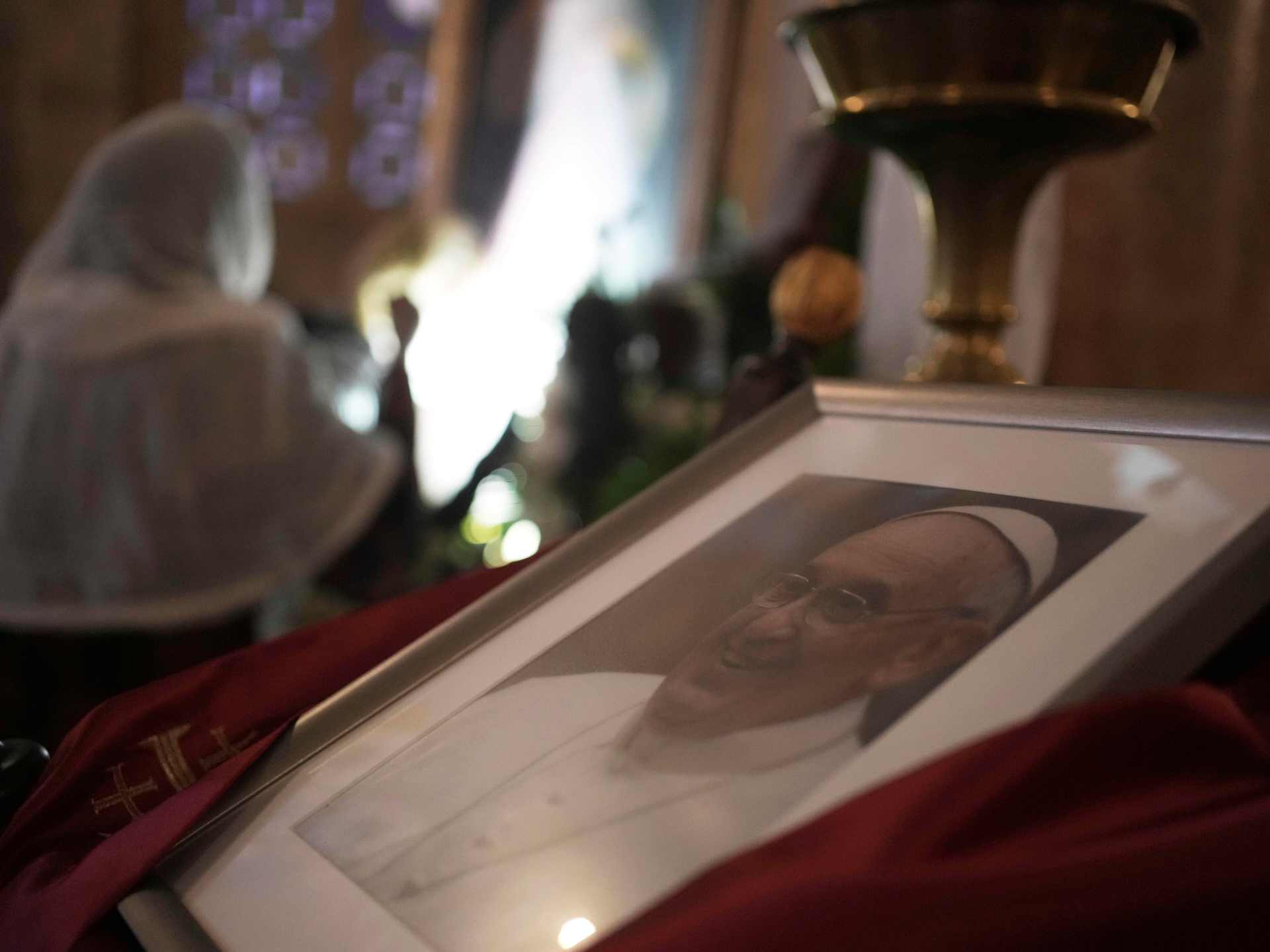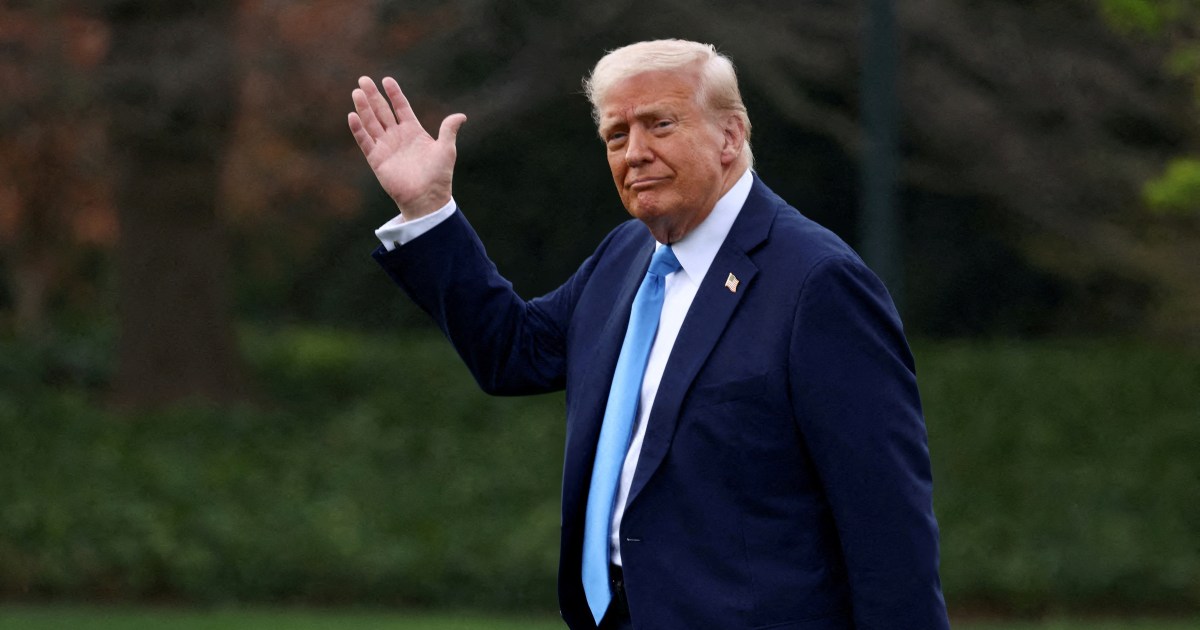USAID and the pacification industry in Palestine | Israel-Palestine conflict
The United States Agency for International Development (USAID) opened its office in Palestine back in 1994. Its website, which is no longer available, used to boast that since then, it has “helped four million Palestinians lead healthier and more productive lives”.
Now that the agency has been shuttered by US President Donald Trump’s administration, it is pertinent to evaluate the claim that USAID was a force for good in the occupied Palestinian territories.
Undoubtedly, the shutdown of the agency has affected Palestinians, especially those benefitting from its funding for education and healthcare institutions. Humanitarian provision was also affected, with the World Food Programme, one of the main humanitarian actors in the occupied Palestinian territories, facing major disruptions.
While the short-term negative impact is apparent, the utility of USAID and other US funding becomes questionable when put in the larger political context of the Israeli occupation of Palestine.
As a researcher, I have been directly and indirectly involved in assessing USAID-funded programmes for years, and I have seen first-hand how they have contributed to maintaining Israeli occupation and colonisation. The US agency was far from “helping” Palestinians lead better lives, as it claimed.
A policy of pacification
USAID opened its West Bank and Gaza Strip office as part of the broader American effort to lead and shape the political settlement between Palestinians and Israelis initiated by the Oslo Accords of 1994.
The so-called “peace process” promised Palestinians an independent state on the lands occupied by Israel in 1967, with a final agreement supposed to be signed by 1999. Needless to say, such an agreement was never signed, as Israel never intended to conclude peace with the Palestinians and recognise their right to self-determination.
Instead, Oslo was used to cover up Israel’s relentless colonisation of the occupied Palestinian territories in the rhetoric of peace negotiations. The creation of the Palestinian Authority (PA) as a local governing body tasked with managing civil affairs for Palestinians in designated areas was part of this strategy.
While the official Palestinian leadership envisioned the PA as a transitional polity that would administer daily life until an independent state was established, it was ultimately designed and closely overseen by the US to function as a client regime, managing and controlling the occupied population.
To that end, the PA was obliged to engage in close coordination with Israeli security forces to suppress any form of resistance in the territories it managed. Its two main security bodies – the Intelligence Service and the Preventive Security – were set up to fulfil this duty.
While US intelligence agencies were tasked with supporting and training the Palestinian security apparatus – funnelling millions of dollars to it every year – USAID was tasked with supporting the civilian functions of the PA.
Between 1994 and 2018, USAID provided more than $5.2bn in aid to Palestinians in the West Bank and Gaza Strip. It funded infrastructure, health, and education initiatives, with the aim of winning public support for the peace negotiations.
A portion of its funding was funnelled through civil society organisations with two primary objectives: to depoliticise the Israeli-Palestinian conflict, and to cultivate a network of civil society actors who would promote this agenda.
The depoliticisation framework treated the Palestinian issue as an economic and humanitarian matter. This approach addressed Palestinian economic and social problems in isolation — detached from their primary cause: Israeli occupation.
It also sought to delegitimise Palestinian resistance by portraying it as a source of instability and chaos rather than a political response to occupation.
To distribute its funding, USAID established a complex system of background checks, alongside an Orwellian set of conditions. The vetting extended beyond the individual to their extended family, the name of the place, and even the cultural context in which the funds would be used — none of which could be associated with resistance.
In this context, it is hardly surprising that USAID programmes often failed to improve the lives of ordinary Palestinians.
Normalisation through people-to-people programmes
A lot of USAID funding went into initiatives that sought to normalise Israeli colonisation by seeking to establish connections between Palestinians and Israelis. The premise was that the two people “can learn to live together”, which of course completely ignored the realities of apartheid and occupation.
One of the USAID-funded programmes I assessed was the Conflict Management and Mitigation (CMM) Program, promoted under USAID’s People-to-People Partnership framework. By 2018, CMM had allocated over $230m to different initiatives and was set to distribute another $250m by 2026.
The programme included projects targeting bereaved parents, farmers, and students to promote peacebuilding. One such project sought to foster cooperation between Palestinian and Israeli farmers through shared farming experiences.
During one focus group discussion, I spoke to a Palestinian farmer who explained that Palestinian olive oil production has been stagnating due to the Israeli occupation regime that restricted Palestinian farmers’ access to water and, in some cases, to their land. “These programmes,” he said, “don’t talk about these issues.”
When I asked why he participated, he explained that the project enabled him to obtain an Israeli travel permit — allowing him to work on Israeli farms and earn an income to survive.
The absurdity of this dynamic was striking: on paper, the programme spoke of fostering productive relationships between Palestinians and Israelis, building a shared, peaceful future where farmers become friends. In reality, however, Palestinian farmers signed so they could a travel permit and work on Israeli farms — many of which were established on confiscated Palestinian land. Participation in the programme did not resolve any of the problems the Palestinian farmers faced in olive farming – i.e., Israeli occupation policies.
Another USAID-funded programme I studied, Seeds of Peace, had the mission to bring together young people from conflict regions who had the potential to become future leaders in their countries. The programme’s central activity was a youth summer camp in an affluent area in the US state of Maine, where participants engaged in dialogue and leadership training.
The two largest participant groups were Israelis and Palestinians. While the Israeli Ministry of Education was responsible for selecting Israeli participants, the Seeds of Peace office in Ramallah oversaw the recruitment of Palestinian participants. Each participant benefitted from a heavily subsidised programme, with costs reaching up to $8,000 per person.
A closer look at participant lists over the years revealed a striking pattern: the sons and daughters of PA leaders and affluent families frequently appeared.
Curious about this pattern, I once asked a programme officer about it. The response was revealing: “In Palestinian society, leadership often passes to the children of high-ranking officials.”
This meant that the organisation’s —and by extension, the US’s – vision of political leadership in Palestine assumed that power in Palestinian politics is hereditary and therefore, US initiatives should focus on the sons and daughters of the current elite.
Political interference
Seeds of Peace was by far not the only programme that served to support PA cadres and their families. Some relatives of high-ranking officials have received preferential treatment in securing lucrative USAID contracts; others have led nonprofit organisations funded by the agency.
USAID has also been involved indirectly in the political scene in Palestine by supporting political actors favoured by Washington.
Between 2004 and 2006, it implemented an expansive democracy promotion programme in the Palestinian territories in the lead-up to the 2006 legislative elections. While there is no direct evidence of financial support for specific candidates or party lists, observers have noted that civil society organisations (CSOs) linked to Fatah or the Third Way candidates were recipients of USAID funding. In some cases, this support was channeled through organisations operating in unrelated sectors.
Despite substantial funding and political support, these groups failed to secure enough seats to prevent Hamas’s electoral victory. After Hamas took control of Gaza, USAID continued supporting Palestinian CSOs, in some cases dramatically increasing their funding.
USAID also supported the police force under the PA through rule of law programmes, although the bulk of funding for the PA’s repressive security apparatus has come through the CIA and the International Narcotics Control and Law Enforcement (INCLE) of the US Department of State.
A more recent and stark example of problematic USAID involvement is the malfunctioning pier constructed by the US military in 2024 to facilitate aid delivery into Gaza, at a cost of $230m. The project was promoted as a humanitarian initiative and USAID was one of the organisations tasked with distributing the trickle of aid that came through it.
In reality, the pier served as a public relations stunt by the administration of former US President Joe Biden to obscure US complicity in Israel’s blockade of Gaza. It was also used by the Israeli military in an operation that resulted in the killing of more than 200 Palestinians, raising serious questions about the militarisation and misuse of aid infrastructure.
The pier farce is a good illustration of the US approach to providing aid to the Palestinians: it was never done in their best interest.
It is true that some impoverished Palestinians may be affected by the shutdown of USAID operations in the West Bank and Gaza. However, it is unlikely to decisively alter the situation on the ground. The cutoff of aid will have a more dramatic impact on the US strategy of leveraging Palestinian civil society organisations to promote a pacification agenda and perpetuate empty rhetoric about peace.
In this regard, the shuttering of USAID could give an opportunity for the Palestinian civil society to reconsider its engagement with US government donors in light of its moral obligations to the Palestinian people. Millions poured into pacification clearly did not work; it is time for a new approach that actually serves the interests of the Palestinians.
The views expressed in this article are the author’s own and do not necessarily reflect Al Jazeera’s editorial stance.
